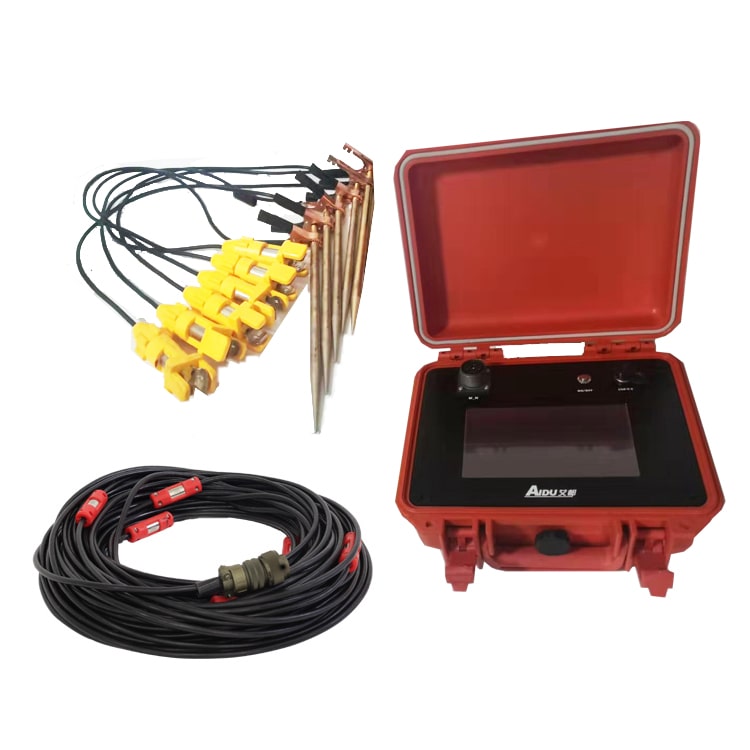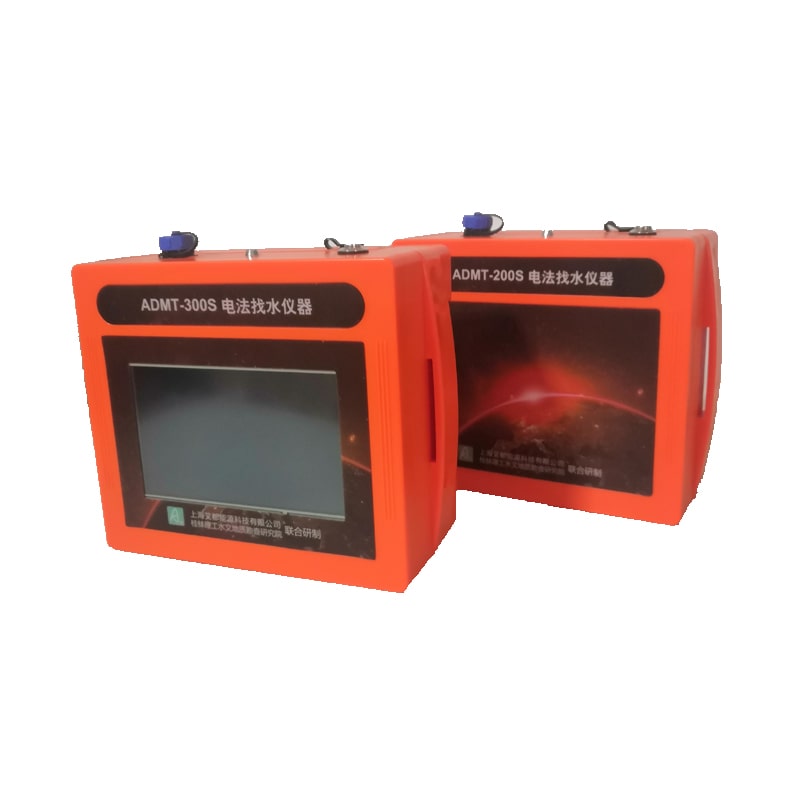Ground Water Detector
As we all know, groundwater is an invisible and inevitable resource that is indeed for every human in the globe around. However, it has been really tough these days for groundwater exploration as groundwater depletion is alarming everywhere. Let's get in detail about the following in this blog that gives you the knowledge of groundwater.
-
What is groundwater and exploration of groundwater?
-
Types of groundwater exploration and detectors?
-
Best suited method for groundwater exploration
-
Causes of groundwater depletion
-
Mining and exploration
What is groundwater?
Groundwater is used for drinking water, including everyone who lives in rural and urban areas. The extensive use of groundwater is to irrigate crops and fields. Groundwater is almost everywhere around the world. The groundwater water table might be deep or shallow and may rise or fall down depending on many attributes depending on the areas. Heavy rainfall or melting snowfields may cause the groundwater water table to grow, or heavy groundwater supplies may cause the water table to drop.
Groundwater supplies are recharged by rain and snowmelt that seeps down into the cracks beneath the land's surface. In some areas, people face severe water shortages because groundwater is used faster than naturally recharged. In other areas, groundwater is polluted heavily by human activities such as plastic usage, etc.
Water in aquifers is naturally brought to the surface through a spring or discharged into lakes and streams. Groundwater is extracted via a well drilled into the aquifer. A well is a pipe-like structure in the ground that fills with groundwater. It can be pulled to the surface by a pump. Shallow wells may go dry if the water table falls below the bottom of the well. Some wells, called artesian wells, do not need a pump because of natural pressures that force the water up and out of the well.
In areas where material above the aquifer is permeable, pollutants can readily sink into groundwater supplies. Groundwater can be polluted by landfills, septic tanks, leaky underground gas tanks, and from overuse of fertilizers and pesticides. If groundwater becomes polluted, it will no longer be safe to drink.
Here is we selling best groundwater detector tools
Wireless Water Detector Multi Channel Water Detector High Precision Water Detector
What are the types of groundwater exploration?
Groundwater exploration is a classic work of a hydrogeologist or an engineer. Identifying the location of its availability is a tough task. Exploration of groundwater requires an understanding of its position in the subsurface geological setup. Groundwater Exploration is done through either direct or indirect ways. Test drilling is the direct approach to discover the water resource. It is an expensive affair. Every individual cannot go for test drilling as it requires certain approvals.
During the last two hundred years, more and more methods have been developed to explore groundwater. There are two types of exploration and prospecting groundwater as follows,
-
The surface methods of groundwater exploration include the following: –Esoteric Methods, Geomorphologic methods, Geological & structural Methods, Soil, and Microbiological Methods, Remote Sensing Techniques, Surface Geophysical Methods using suitable groundwater detection devices.
-
Subsurface methods: The subsurface methods of groundwater exploration include both Test Drilling & Borehole Geophysical Logging techniques. These are done for government-level projects where large-scale investigations are to ascertain the results of surface surveys where you can use a multi-channel water detector. When compared to the surface methods, the subsurface methods are very expensive.
Which is the best-suited method for underground water exploration?
Electrical resistivity survey for groundwater is one of the preferable methods for exploring groundwater exploration due to the following advantages.
-
Offer larger data coverage.
-
Capable of conducting in difficult accessibility situations. Effective for investigation of saltwater intrusion, groundwater pollution, indicate shallow aquifer for water resources, contamination, etc.
-
Non-destructive factor(observe the ground without permanently changing or altering its characteristics).
-
Usually effective in terms of cost and time consumption.
Hence it is one of the best geophysical survey for groundwater exploration. When it comes to the best groundwater detector, there are a lot more available in the market. You have to decide under which method you are going to conduct the survey. Accordingly, you can select the best detector. For instance, if you want to go digital and use the internet, you can choose the Wi-Fi water detector, which is handy and makes the process simple.
What is mineral exploration?
Mineral exploration is the process of searching for evidence of any mineralization hosted in the surrounding rocks. The general principle works by extracting pieces of geological information from several places and extrapolating this over the larger area to develop a geological picture.
Mining and exploration is an essential way in finding minerals so they can be potentially mined from the ores. Our demand for minerals is increasing day by day; for instance, we require more copper resources to construct energy assets such as wind turbines.
Minerals and groundwater are resources that are vital to human requirements as long as we live on this planet. Hence it is important to explore them without exploiting them for the future generation.

/Left%20side%20IMG/Golden%20Rod.jpg)

